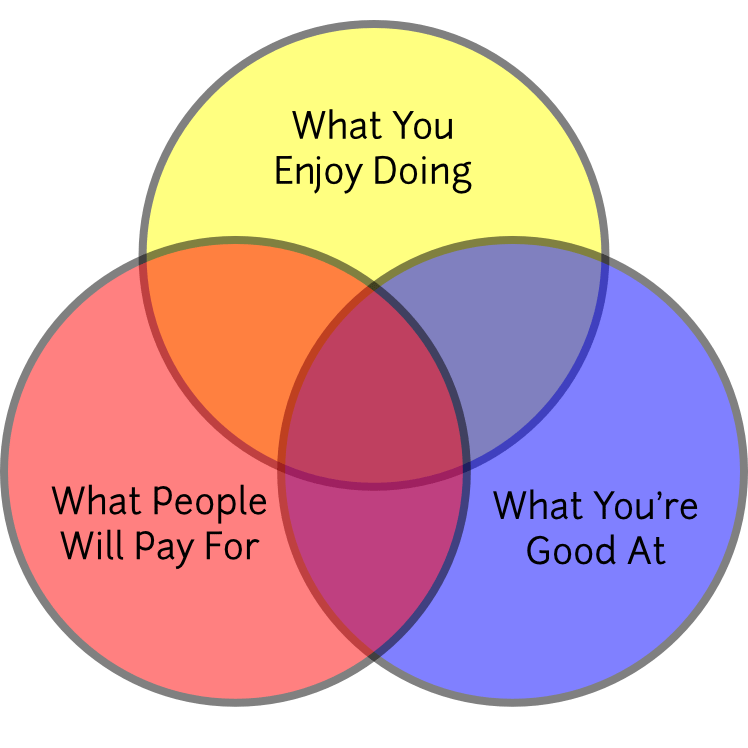
Content Crafters is an interview series where we de-construct the tools, tips, and tactics that top bloggers use to get so much work done. you’ll walk away in mere minutes with actionable takeaways you can try out right away. Let’s dive in!
Kaleigh Moore is a freelance content creator for SaaS and eCommerce companies.
She’s from the Midwest and started freelance writing in 2013. Before freelancing, she was a writer and photographer for a state-wide magazine, worked as the PR Manager for a hunger relief organization, and owned a successful eCommerce business that specialized in vintage jewelry.
In addition to her client work, she’s got bylines all over the place, writing for publications like Inc. Magazine, Entrepreneur, and Fast Company.
She also co-hosts the Creative Class podcast with Paul Jarvis, runs a weekly writing newsletter called “Yeah Write Club,” and gives excellent writing advice on her blog and email newsletter (kaleighmoore.com).
You can follow Kaleigh on Twitter at @kaleighf or on LinkedIn here.

I get to exercise my personal writing voice a lot more in the content I write for my newsletter/blog. It’s very stylized with a conversational tone and a lot of humor/pop culture references worked in.
Overall, it’s a little too informal for most of my clients. I do love it when I get to exercise a bit of personality in my client work, but 90% of the time it’s very much toned down in comparison to how I’d write as myself.
And that’s okay.
Most of the clients I work with still need to come off as professional and trustworthy, which can often mean, “Hey! Take it easy on the slang and memes, girlfriend.”
Ha! I didn’t really. It’s the voice in my head. My first draft is stream of consciousness, so it’s pure inner dialogue going onto the screen. It gets edited and polished a bit before it’s published, but for the most part, it’s just a natural thing for me. I do read a lot though, so it’s probably a culmination of all the things I’ve read and liked in the past.
Practice!
Five years ago, when I started writing on those types of topics, I struggled.
The technical nature of the material and the jargon were intimidating to me, but I learned as I went and eventually built up a base of knowledge that I could work from and build upon with each new assignment.
Sticking to the SaaS SEO and ecommerce niche has been helpful in that it’s allowed me to become a subject matter expert–I’m not learning about all kinds of new things all the time. I just went all in on this one thing, and now I know a LOT about it.
It’s much easier to connect the dots and draw interesting conclusions as I write now because this is the world I’ve lived in for so many years.
Almost always they are inspired by questions I get from subscribers. I also do surveys throughout the year to better understand what my audience wants to learn from me. That’s really why I’ve stopped doing a lot of freelance-centric writing and focused more on actionable writing lessons–subscribers overwhelmingly requested that.
For client work, it’s usually two drafts per piece.
If I’ve been working with them for a long time and really know the content/audience, it’s often just a one-and-done, because I know exactly what the editor wants and needs.
I almost always work with editors (talented ones!) who know how to take a good piece of writing and make it great. So even if the base material is there, they can make it more punchy and interesting for their unique target audience–which I love!
Joanna Wiebe at Copyhackers. No question. Her writing voice is so…readable! And that’s what I’m always striving for in my own writing. Readable, interesting, funny, relatable. She knows how to check all the boxes.
Lianna Patch and Emma Siemasko are also really good at this.
My favorite writers are the ones who write like they sound in real life. It feels like you’re having an in-person conversation with them.
Specialization.
I write blog content for a very specific group of clients, rather than doing any type of writing for any type of client. Doing that has helped me become known as a go-to person for that “one thing.” It’s the antithesis of the Jack of All Trades, Master of None idea. It wasn’t until I took Paul Jarvis’s Creative Class course (which I now co-teach!) in 2013 that I made this change–but once I did, my freelance career became MUCH more sustainable.
I think it’s the recommendation/referral basis that they come to me from that helps me win the deal. Most of the time they’ve heard that I deliver high quality work and I’ve already been validated by the person that recommended me.
99% inbound. I’m almost always booked up, so I rarely have to go looking for new work. When I do, I go to Twitter and can connect with someone there just by putting out some feelers.
Rarely, if ever! I can’t think of a time in the past 1-2 years that there’s been a conflict like that. All of the points I make in anything I write are backed up with data and case studies, so it’s hard to dispute.
There are trends, just like anything else. I often end up writing about a lot of the same topics over and over again, which can get old.
I’d love the chance to introduce some more personality or fun and off the wall topics into content, but that just doesn’t always make sense for the objectives my clients are trying to accomplish, so that’s okay.
Hi! It’s your editor again. This section is for those who want to dive deeper on individual points. I’ll expand here on some of the answers above and give you more details on any tools, processes, or resources that were mentioned in the interview.
I love Kaleigh’s answer on this point, mostly because it’s how I think about my own writing. When asked about how she developed her voice, she says, “Ha! I didn’t really. It’s the voice in my head. My first draft is stream of consciousness, so it’s pure inner dialogue going onto the screen.”
I’ve read countless drafts from friends – friends I know are smart and interesting – and the writing just felt clunky and weird. People, when facing a blank page or typewriter, tend to put too much thought into the prose as it’s being written. That’s what editing is for. When you are in writing mode, if you want your voice to shine through, just write.
Better yet, as Paul Graham put it, “write like you talk.”
I’ve also found that reading a lot does indeed help with voice. It helps to read really good writing to know what it looks like (and read outside your niche, preferably the classics as well, if you want to be really good).
Often, in the freelancing writing game, you’re writing on topics that are quite complex. Depending on your niche, it might be really difficult to nail down the details in a way that is compelling, clear, and satisfies the technical audience in mind.
That’s why Kaleigh decided to niche down and work on SaaS and ecommerce clients. She gets consistent practice, and the research she does for the writing all colludes to help her become a subject matter in these areas. When you have that level of focus, the amount of repetitions and time that Kaleigh puts in, you build a base of knowledge that most writers can’t touch.
Well, how do you find that niche? Not sure. Usually, you look for the center of the venn diagram between what you’re good at, what you like, and what people will pay for.

Why niche down when there’s a whole world of services to perform and things to write about?
Well, it comes down to the buying process. A marketing manager, when they come to the question of whom to hire, may send a note to some colleagues. “I need a good SaaS marketing writer,” they say.
And when asked, you’re hoping that the people asked all say your name.
When you’re known for a little of everything, it’s really that you’re not known for any one particular thing.
Obviously, you can expand with time. But if you hope to build a sustainable freelance business, it really hopes to take a lucrative and interesting “beachhead” segment to lead the way.